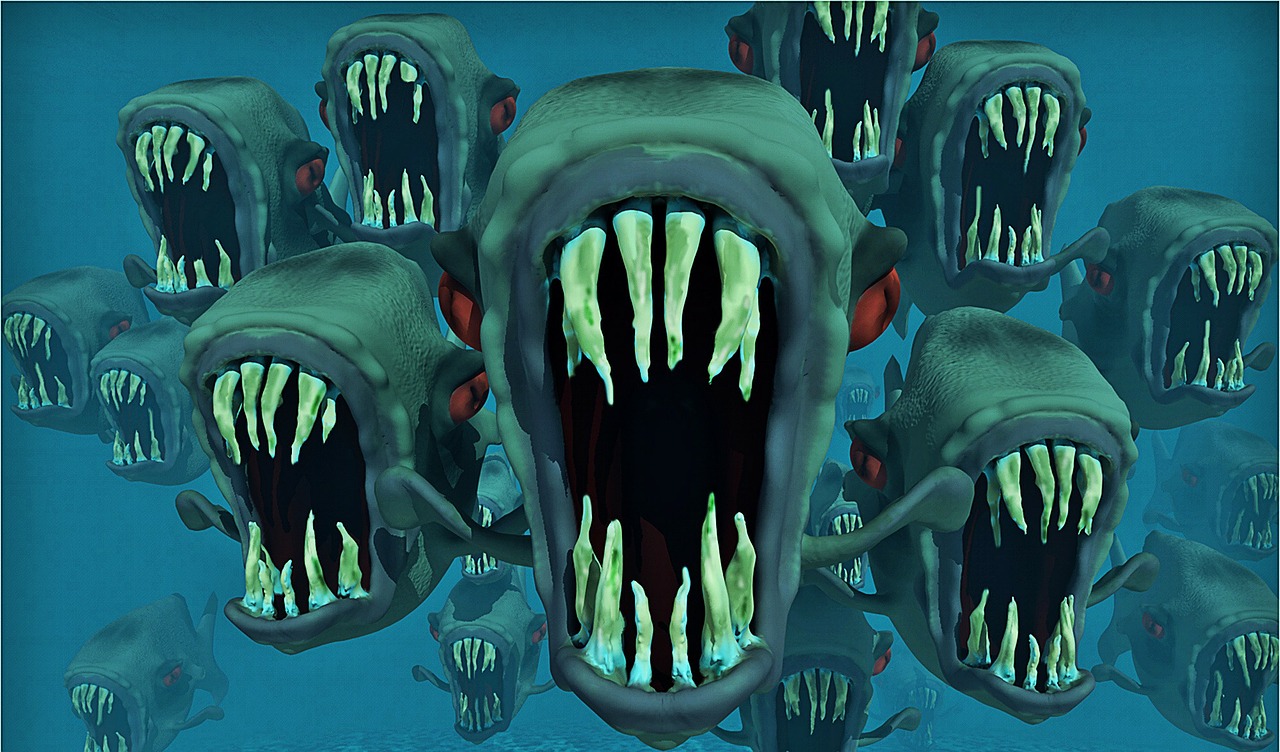We’ve all dreamt of creating a world as well-respected and worshipped as J.K.Rowling’s Wizarding World. We’d be lying if we said that we didn’t. Unfortunately, this just isn’t possible for most of us. It’s sad, but true. While it’s important to aim big, it’s also important to be realistic in what we can achieve as writers. The truth is, no matter what path we choose, fewer and fewer writers each year make a living from what they write, whether it’s fiction, nonfiction, or even journalism.
Here are 6 writing myths and the realities behind them.
Writing is easy
Many things that sound easy in theory aren’t in practice. Writing is one of these things.
[bctt tweet=”Many things that sound easy in theory aren’t in practice. Writing is one of these things.” username=”KristinaAurelia”]
It requires will power, determination, and, of course, creativity. Keeping going when you hit a wall is one of the hardest parts of the writing process, but it’s one we must all find a way through if we’re to finish our work in progress.
[bctt tweet=”Writing requires will power, determination, and, of course, creativity. ” username=”KristinaAurelia”]
You’ll make lots of money
J.K.Rowling got lucky. Most of us will not.
It is possible to make money writing, but the reality is that you have to approach it more like a business than a creative endeavour. Writing books isn’t enough to make money: many authors subsidise their income using public speaking, teaching classes, podcasts, blogs, and many other ways.
You can quit your job and write full-time
Unless you already have a lot of money, or people willing to invest in you so that you can write (something that did used to be a thing), being able to quit your job and write full-time is unlikely. Many full-time writers work as teachers or university professors so that they can pay the bills.
Agents and publishers will come to you
Even in the days before the internet and indie publishing, it was unlikely for agents and publishers to approach you.
Nowadays, they will approach you if a) you have a large enough following and b) you have something interesting to say. They may even want to increase the exposure of your already self-published book by publishing it traditionally. But they won’t come to you if they don’t know who you are.
You don’t need to use social media/have a blog/a website
If you have none of these things, how will people find you or follow your work?
If someone really enjoys your book, they’ll want to know more about you. It’s going to be a lot easier for them to find out more about you if there’s somewhere they can go to do so, like a website or a blog.
Even if you don’t want to use Facebook, Twitter, Google+ etc, it’s imperative that you at least have a website and mailing list. That way you’re in control of your audience and can direct them towards your latest publications.
It’s all about the writing
Writing is as much about marketing as writing.
You can write the best book in the world, but if you’re an unknown author with no connections, nobody will hear about it.
If you’re an indie author it’s up to you to approach reviewers and bloggers, use online advertising, and market your book in any way you possibly can to reach your target audience.
If you’re published traditionally, unless you’re already well-known, it’s still up to you to market your book. Marketing budgets are shrinking, just like advances are. Therefore marketing budgets will be used on books that are guaranteed to make their money back and more, not on books that are a bigger risk, such as those by newer authors.
Over to You
What writing myths have you heard? Let me know in the comments below!








Excellent list. Another reason to have a social media presence and/or a website or blog is so that people can find you if they want to reprint your work. Sometimes this brings pay! Sometimes, as when one of my poems was used for a literacy project, it gives you the opportunity to help others.
Thanks Cathy! That’s a really good point. In the twenty first century, the easier it is for people to find you, the more career opportunities there are open to you. Social media definitely helps with that.